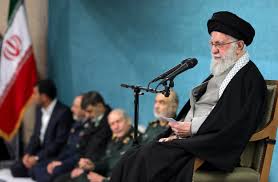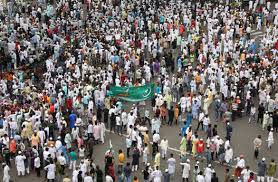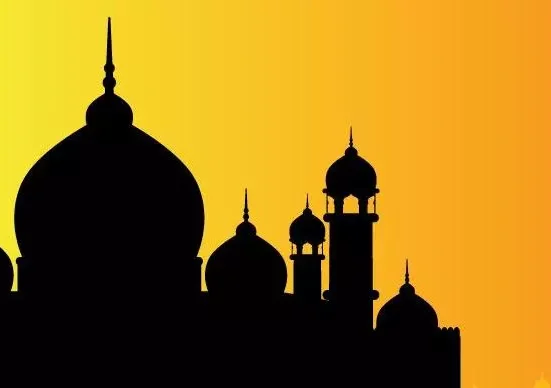In a heightened display of diplomatic tension, the Russian government has accused the North Atlantic Treaty Organization (NATO) of crossing critical lines, claiming that the alliance’s continued military and political actions now amount to what it describes as a “de facto declaration of war” against the Russian Federation.
This declaration, which has sent ripples across the global geopolitical landscape, was made by high-ranking officials within the Kremlin amid escalating confrontations tied to the ongoing conflict in Ukraine. Moscow insists that NATO’s growing military support for Kyiv — including the supply of advanced weaponry, intelligence sharing, and alleged involvement of Western military personnel — has moved beyond the boundaries of indirect engagement and into the territory of open hostility.
According to Russian authorities, recent developments such as the delivery of long-range missile systems, tactical training of Ukrainian forces by NATO member states, and the continued expansion of NATO infrastructure along Russia’s borders, are interpreted not just as acts of provocation but as active participation in a proxy war.
Analysts close to the matter have observed that while NATO has consistently denied any direct involvement in combat operations, its coordinated support for Ukraine — politically, economically, and militarily — continues to fuel Russia’s suspicions and hardline rhetoric. The alliance, on its part, maintains that it is merely supporting Ukraine’s right to self-defence in line with international law and its sovereignty as a nation under siege.
The statement from Moscow is likely to increase already strained relations between Russia and Western powers. It also raises questions about how much further the situation can escalate before it pushes diplomatic boundaries beyond repair. International observers, including several United Nations envoys, are urging for restraint and a return to negotiations before tensions spiral into a broader conflict with global consequences.
Back home, Russian state media is echoing the sentiment of encirclement, suggesting that the country’s security interests are being systematically undermined by NATO’s actions. Meanwhile, NATO leaders insist that the alliance remains defensive in nature and that it has no intention of provoking war with Russia.
As the standoff deepens, global leaders are being called upon to tread carefully in what is fast becoming one of the most dangerous flashpoints of the 21st century. For Nigeria and other nations watching from a distance, the ripple effects — from energy markets to global security dynamics — may not remain far removed for long.







